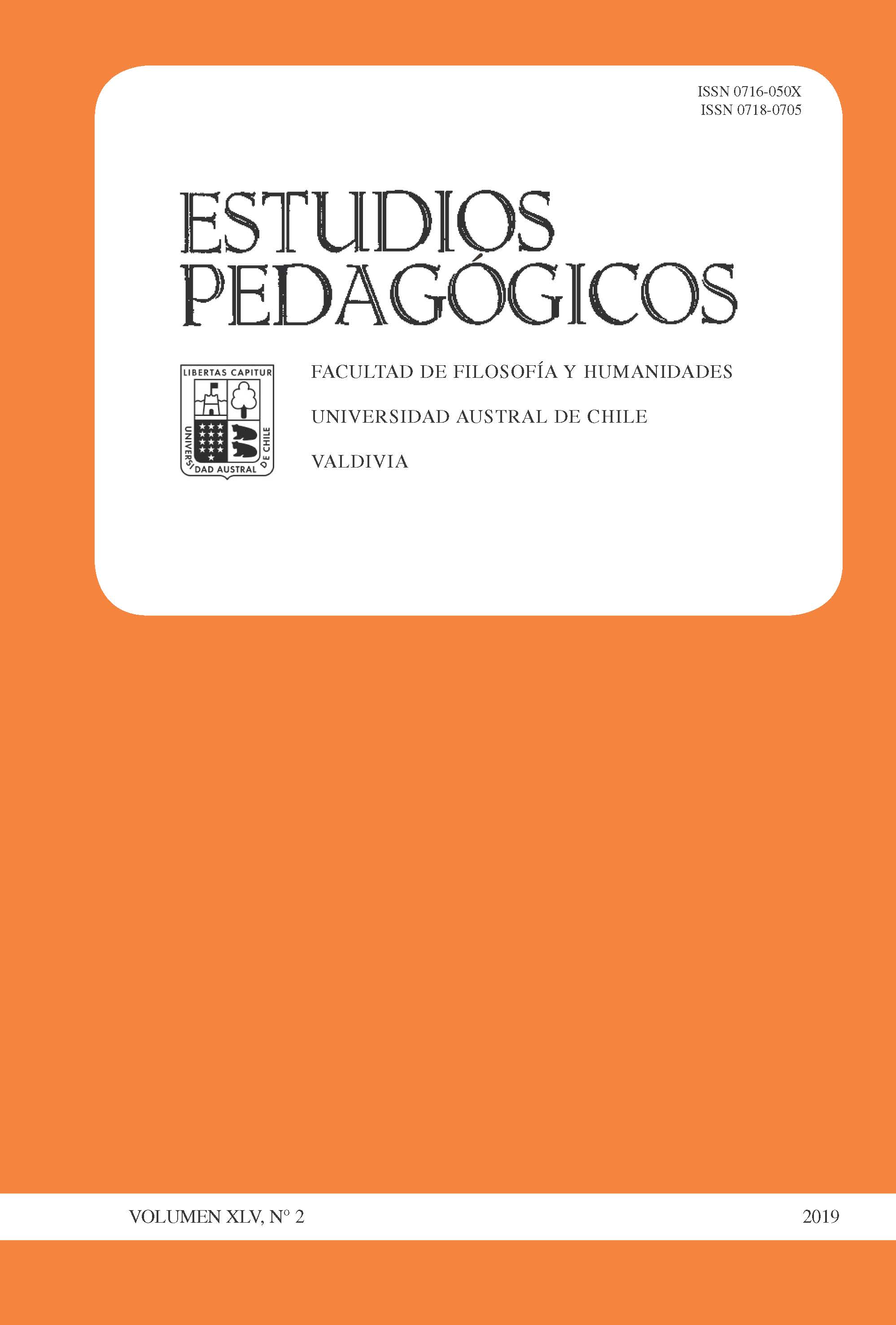Adult's beliefs about children's emotions: a proposal for exploration in contexts of cultural diversity
Main Article Content
Abstract
The beliefs that parents have about children's emotions underlie emotional socialization patterns; culture mediates this socialization, however this effect is usually ignored assuming a common pattern of affective ideals for all children even in contexts of high migration and high presence of original cultures. Thus, knowing how to feel has been historically kept aside and its study, from a vision that recognizes the expectations and beliefs of families of minority groups is incipient. There are few studies in Latin America that account for cultural variations in the beliefs of emotion and less the instruments that allow it to do so. This work gathers the need of an evaluation of the beliefs of the parents on the emotion of the children in contexts of cultural diversity and mainly of minority groups of the IX region of La Araucanía, Chile. The sample included 307 mapuche and non-mapuche mothers, fathers, and teachers of children between 4 and 10 years of age. Measurement Invariance analyses were performed integrating the original dimensions of the PBACE and the new dimensions proposed for the instrument. Results indicate good reliability indexes as well as a good adjustment of the analyzed dimensions; all but one dimension reached at least partial scalar invariance. Limitations are noted, and future study in the fields of education and psychology to culturally diverse settings are suggested.

